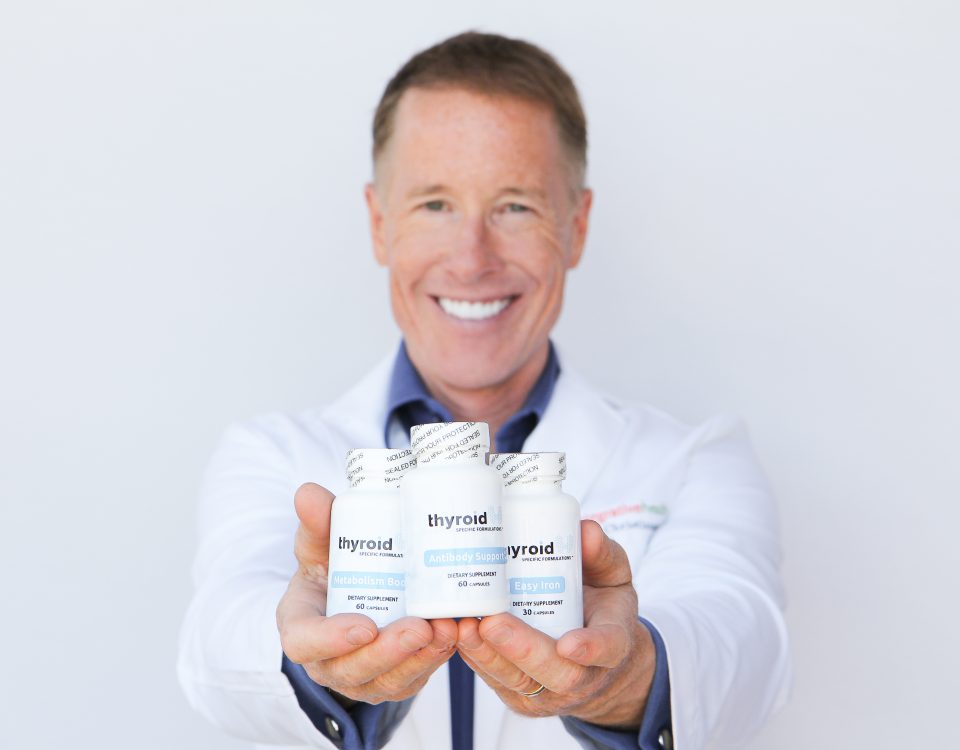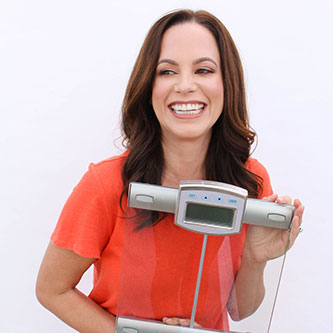What we need to know is that basal body temperature was a useful thing in history, and that it is a helpful thing to track fertility and your menstrual cycle.
You can see shifts in that, but we know that it is not a good tool to track changes in your thyroid.
Please know that your temperature is important, but that not everyone has a high one. If you are not in Barnes’ optimal range, I would not worry about your long-term health – this is just the way you are. You cannot rely on it alone to see if your thyroid dose is safe enough.
What we know, with our present knowledge, is that basal body temperature cannot be safely relied upon to prevent hyperthyroid effects of thyroid therapy.
The problem is that hypothyroidism is a highly prevalent condition, and that many who would benefit from treatment remain undiagnosed – can you just imagine how many people back in the day went undiagnosed?
The best way to find out if someone has a thyroid condition is to test, don’t guess, and by considering these key variables:
Differential Diagnosis
Understanding the root cause of your illness, this is the stage where you might be able to rule out other symptoms so that you can gain a clear understanding of how your health is changing and what other factors might be at play.
Symptoms
Symptoms are always important, and being able to recognize them is just as important. While testing can give you a clear picture of your health, acknowledging and understanding your symptoms can help you understand how these things make you feel.
Thorough Blood Tests
There are plenty of tests that you can consider, such as:
- TSH
- Thyroglobulin
- Free T4
- Thyroid Antibodies
- Free T3
Structural Findings
This is all about figuring out the structural health of your thyroid. For your health, you need to understand the physical mass, size, and health of your thyroid by feeling it. This can be done by:
- Getting an ultrasound
- Self-exams
- Yearly doctor’s exams
What we know today is that we do not have to rely on our basal body temperature to give us a good idea of our thyroid’s health, and we also do not have to rely on a range of temperature that can be virtually impossible for even perfectly healthy people to fall within.
What we have now are reliable blood tests, examinations, and other methods that can really give us a fuller picture of our health.












